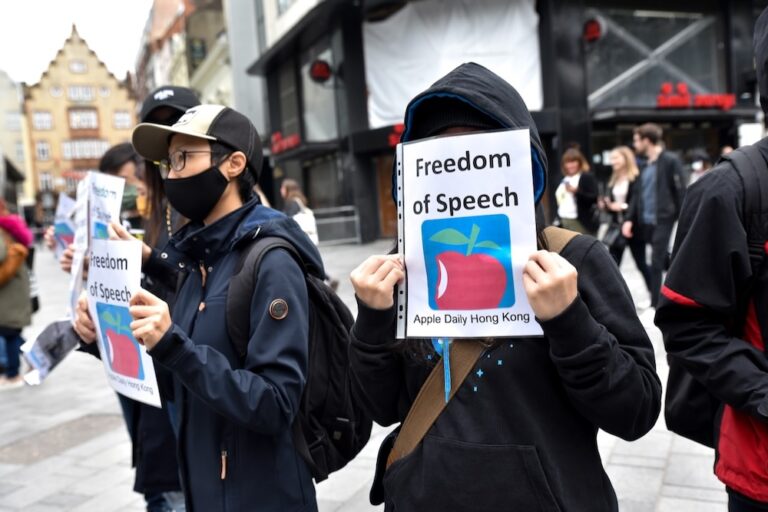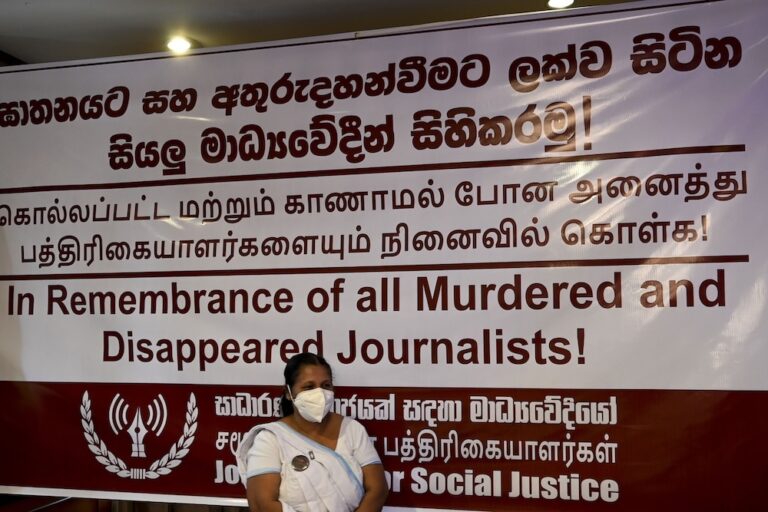(IAPA/IFEX) – The following is a 16 March 2004 IAPA press release: IAPA conclusions highlight main violations of press freedom in last six months MIAMI, Florida (March 16, 2004) – The Inter American Press Association (IAPA) wound up its Midyear Meeting in Los Cabos, Mexico, with a declaration that internal conflicts, bitter political struggles, fragile […]
(IAPA/IFEX) – The following is a 16 March 2004 IAPA press release:
IAPA conclusions highlight main violations of press freedom in last six months
MIAMI, Florida (March 16, 2004) – The Inter American Press Association (IAPA) wound up its Midyear Meeting in Los Cabos, Mexico, with a declaration that internal conflicts, bitter political struggles, fragile economies, fears of terrorism and – in Cuba and Venezuela – outright repression or threats of it have taken a toll on press freedom throughout the hemisphere.
The dangers confronting press freedom seem to be increasing in most countries of the hemisphere. The right of citizens to seek and disseminate information, and to express their opinions and freely debate their agreements and disagreements, is being restricted, which is gradually and subtly impoverishing our democracies, the meeting’s final document said.
In its conclusions, adopted in the final session of the four-day meeting attended by more than 300 representatives of publications from throughout the Western Hemisphere, the association said that press freedom was also shaken in countries with exemplary histories. Tough economic climates – devalued currencies compounded by high taxes and regulatory targeting – constrained the abilities of some news organizations to operate as freely as they would have liked. And fears of terrorism have restricted media access to information in the United States and other countries.
The organization also noted that there have been some positive developments during the last six months in a number of countries in which there has been a move towards more open systems of government. It mentioned the case of Guatemala, where relationships with the press have improved, and Mexico, where legislative bills that seek to give new impetus to the investigation of crimes against journalists are currently before Congress. It also praised the decision of the United Nations Educational, Scientific and Cultural Organization (UNESCO) to award its prize for press freedom to imprisoned Cuban journalist Raúl Rivero.
For the full text of the conclusions, press freedom reports and the resolutions, visit our web page: http://www.sipiapa.org


